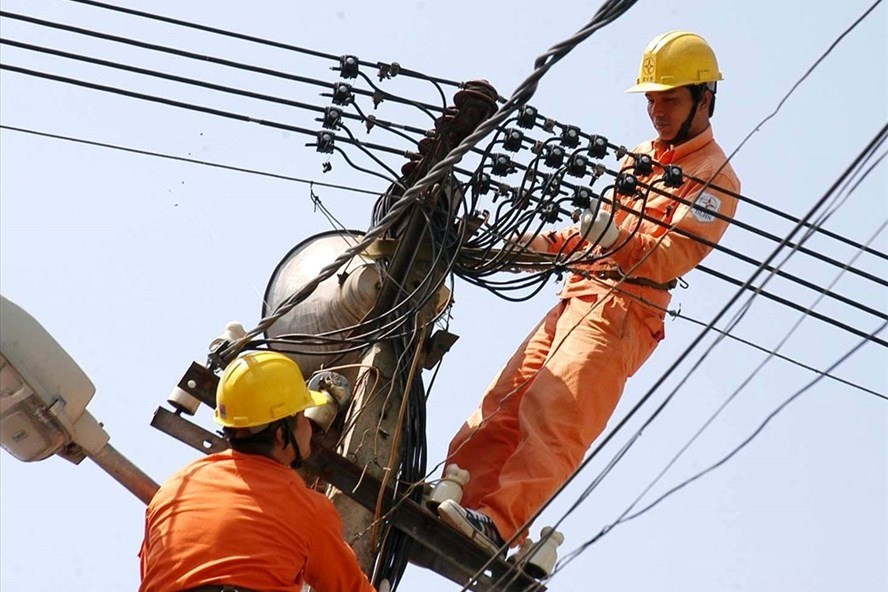Prime Minister Nguyen Xuan Phuc has called for the country to save at least 2 per cent of total energy consumption each year.

Prime Minister Nguyen Xuan Phuc has called for the country to save at least 2 per cent of total energy consumption each year.
Under Directive 20/CT-TTg aimed at saving power from 2020-2025, all Government offices have been asked to collaborate with electricity suppliers to implement a plan to save 5 per cent of total energy consumption each year. They are also instructed to set regulations on the use, repair and maintenance of electrical equipment.
Government offices are also encouraged to install rooftop solar panels.
A campaign will be launched to raise awareness of power saving among staff, and their efforts will be evaluated.
Public lighting operators are instructed to cut electricity use by 20 per cent and use power saving technology.
Hotels, restaurants, office centres and apartment buildings are asked to cut 50 per cent of outdoor advertising lighting capacity at night.
Households are encouraged to use equipment with energy saving labels, and install solar panels on their roofs.
Establishments with large energy consumption must cut at least 2 per cent of power per production unit per year and strictly follow regulations on energy saving.
The Ministry of Industry and Trade (MoIT) is authorised to direct Vietnam Electricity (EVN) to make full use of power plants and electricity transmission networks and reduce losses across its entire network.
People’s Committees of centrally-run cities and provinces are ordered to include criteria on economical and effective energy use in their annual socio-economic development plans.
EVN will be responsible for collaborating with the National Centre for Hydro-Meteorological Forecasting to update people with weather forecasts and water resources.
The PM’s Directive comes in the wake of concerns over power supplies due to hydropower plants affected by climate change. The scale of renewable energy like wind and solar power is still limited while many technical barriers remain.
Demand for electricity is forecast to increase by 10 per cent annually, higher than the country’s economic growth which stood at 7.02 per cent last year. Efficient use of electricity will be important to maintaining energy security, sustainable development and the country’s economic growth in the next five years.
Positive changes have been made following the implementation of PM Directive No 34 issued on August 2017 to encourage energy safety. It helped the country save over 9 billion KWh, or VND15 trillion (US$642 million).
Price adjustment
The MoIT has asked the Government to delay a submission for the adjustment of retail electricity prices.
According to the ministry, the delay is necessary as the Government and ministries are focusing on the fight against the COVID-19 pandemic.
After the disease is under control, the ministry will submit the plan to the Prime Minister for approval.
Under the direction of the Government, the MoIT had already assigned EVN to devise a plan for electricity price adjustments.
After receiving the plan, the ministry made several proposals and collected opinions from different ministries, agencies, National Assembly delegations, organisations and associations.
Under the ministry’s proposal, power prices will be divided into five levels instead of six as currently, with the first level from 0-100 kWh and the top level from 701 kWh instead of 401.
The price will be VND1,549 (67 US cent), VND1,585 (81 US cents), VND2,340 ($1), VND2,701 ($1.2) and VND3,105 ($1.35) per kWh for each level, respectively.
According to leaders of the MoIT, the adjustment aimed to supply adequate power to different customers without affecting prices.
The number of households that consume more than 700kWh account for just 1.8 per cent of total customers, but they account for 13 per cent of power consumption.
The new calculation will make it more expensive for them and raise awareness of saving power. — VNS





